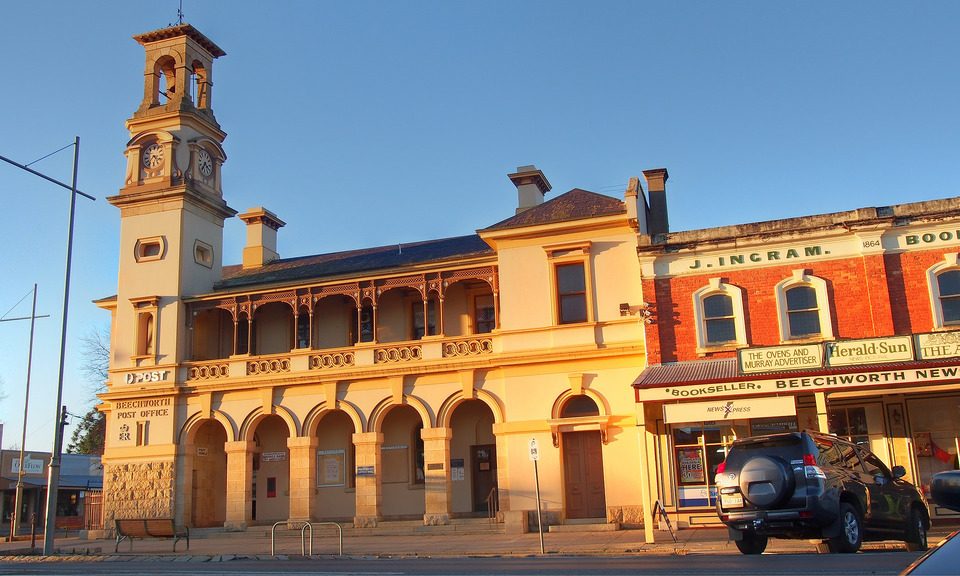‘Scary’ water shortages around Australia
Tilba Tilba dairy farmer & cheesemaker wins 2006 Dairy Australia Scholarship
February 22, 2006WE WERE WRONG Bulletin 46 RACV Human Powered Vehicle EnergyBreakthrough
February 22, 2006The NSW Government has shelved its controversial desalination plant, planning to tap underground water, and next month Brisbane will commence drilling to try and tap groundwater below its streets to ease its growing water supply crisis.
Southeast Queensland’s dams are less than a third full and with the state’s wet season almost at an end, Brisbane City Council has announced a $5 million project to sink bores around the city in an attempt to add 20 million litres a day to southeast Queensland’s dwindling water supplies. Drilling will commence next month.
Councillor Jane Prentice described southeast Queensland’s water supply situation as “scary”. With only two weeks of the wet season remaining, the region’s supplies had fallen to 732 days of average water use. The first stage of the project will involve exploratory underground drilling of about 40 production wells to determine if the underground water supply was extensive enough for sustainable use.
The underground water will initially be targeted for irrigation, but if the current supply crisis continues it will be used for drinking water. Without significant rain by mid-March, the region will face a total ban on hoses.
The Brisbane move to seek new supplies follows similar developments around the country.
West Australian water authorities are examining tapping aquifers as one of three options to boost Perth’s water supply.
In South Australia, a significant number of aquifer storage and recovery schemes are now established or under way in Adelaide metropolitan, regional and country areas.
In the next seven years, schemes currently under development or investigation will be obtaining, storing and reusing in excess of 20 gigalitres of stormwater or treated reclaimed water.


